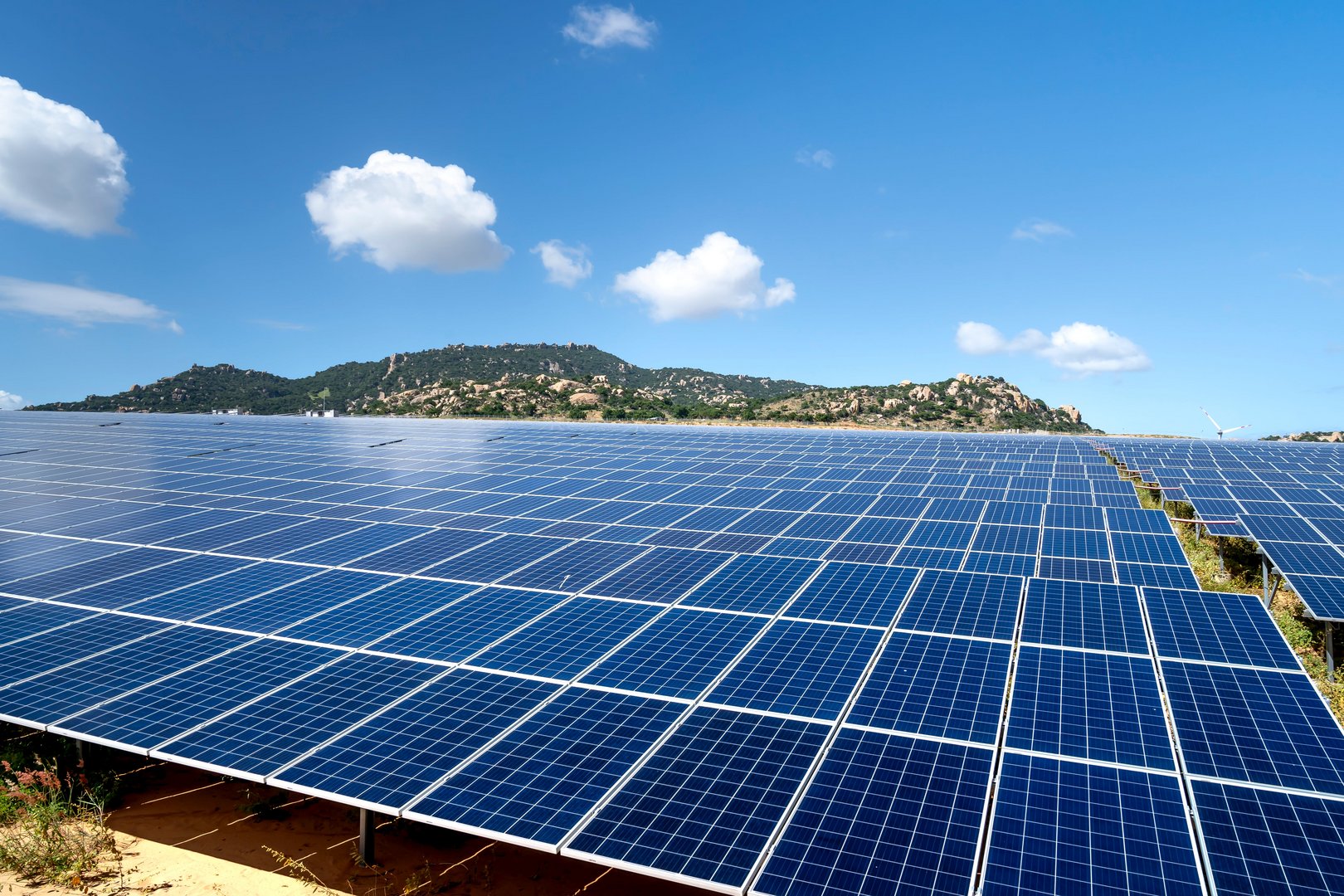A plan to build a huge solar park in Nicosia district has sparked disputes between government departments and environmental groups.
The proposed project would produce 180 megawatts of electricity and store up to 40 megawatts. It would be built on state-owned land and land under state management in areas near Lythrodontas, Kataliontas and Mathiatis.
But, according to a report in Philenews, officials can’t agree on whether it should go ahead. The environmental impact study has turned into a mess, with different departments changing their positions or clashing outright.
The website reported that the agriculture department and the forestry department have recently shifted their stance. Letters sent by these departments in May, June and July say they could accept the solar park, but only if the project is redesigned and certain measures are taken to reduce its impact.
Yet the Game and Fauna service remains firmly opposed. In a statement dated July 2, it warned that the site is of top ecological importance. It said rare birds of prey nest and hunt there, including the long-legged buzzard and the bonelli’s eagle, which is officially listed as threatened under Cyprus law.
The area also hosts large numbers of endemic birds, such as the Cyprus warbler, making it crucial for local wildlife.
According to the Game and Fauna service, the land is mostly untouched scrubland with very little human activity or buildings. This has allowed rich biodiversity to develop, helped by the mix of different natural habitats in the area.
Environmental groups Terra Cypria and BirdLife Cyprus agree. In a joint letter, they called the project highly problematic, noting it covers zones where renewable energy developments are either banned or tightly restricted. These include water protection areas, Natura 2000 sites such as the Yialias river, land with mineral resources or active quarries, steep slopes with gradients over 25 per cent, riverbeds and surrounding water protection zones, as well as archaeological sites like the ancient rural settlement at Kourvellos and historic watermills along the Yialias river.
They also raised concerns about other sensitive areas within the proposed site, including zones with protected habitats, rare or endangered plants, high-value farmland, livestock grazing areas, and further archaeological remains.
Meanwhile, the town planning department, Cyprus scientific and technical chamber (Etek), the federation of environmental prganisations of Cyprus, and local government bodies like the Nicosia district local government organisation and the Machairas community cluster, all recommend rejecting the project altogether.
The final decision now rests with the environment authority, which faces pressure from both sides.






Click here to change your cookie preferences